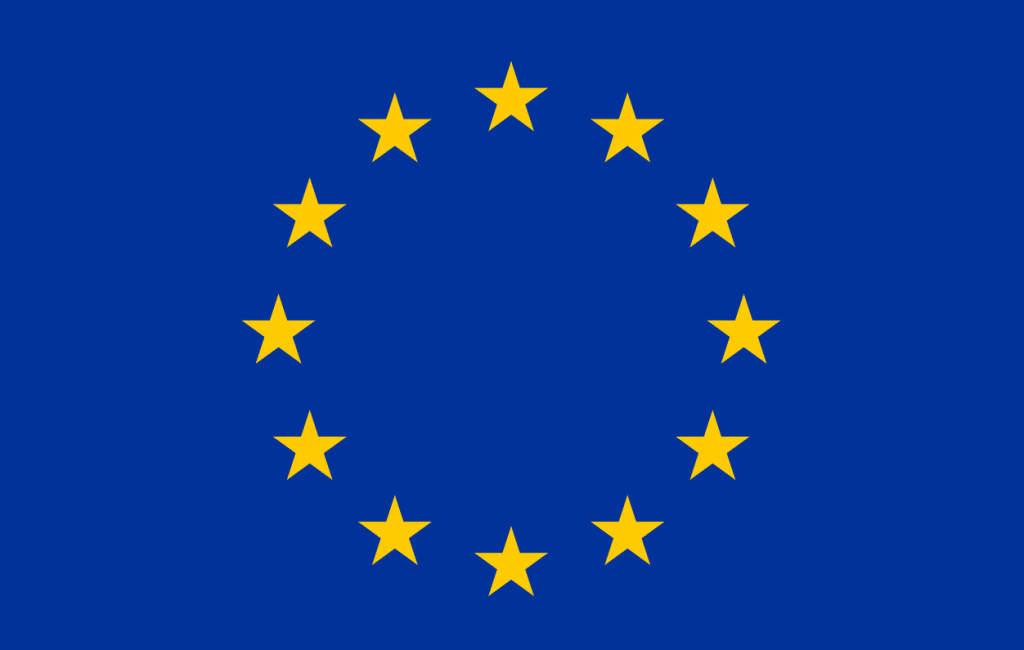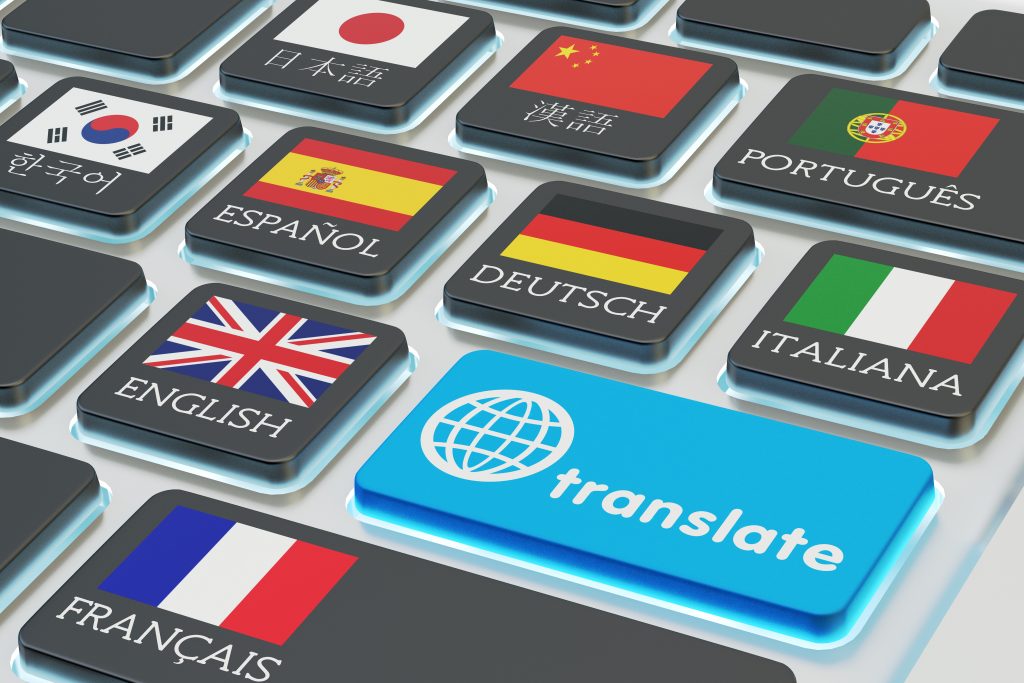Last year, the Government’s White Paper made native speakers flinch and created the wrong impression.
When the UK Government translated the executive summary of its Brexit White Paper into the 23 other official EU languages, you would have hoped it had been done properly and accurately in order to be taken seriously.
The German text was labelled “Deutsche” rather than “Deutsch” on the UK Government website and a native reader called the language used, “sloppy and colloquial”. The French translation called “a principled Brexit” “un Brexit vertueux”, which has a moral connotation which was not revealed in the original English and the Croatian paper adopted a term for the United Kingdom that is now out of date!
Whilst the content could be understood, and in fact, the errors were subsequently corrected, what impression does this give to the rest of Europe about the UK?
We have always been known to be the lazy nation, expecting everyone else to speak our language. Due to the lack of foreign language teaching in primary schools, we are immediately at a disadvantage when it comes to our European counterparts, but we should realise that the written word counts in order to stand up and be counted.
Neither a business or a government should cut corners or costs when it comes to translation, or make the mistake of considering this to be of secondary importance when it comes to dealing with the rest of Europe or in fact, the rest of the world.
Anyone who has learnt another language knows that only the very experienced and qualified, and indeed, talented, will come anywhere near speaking it to native standard. The written word is just as, if not more difficult.
Writing a formal document in another language is what we do, as expert translators.
On receipt of a document for translation:
- It is assessed for its purpose and target market and translated accordingly.
- Only native and qualified translators are used for our translations with at least 5 years of experience in their specialist field.
- The final versions are edited and proof read by an independent linguist to ensure 100% accuracy.
It is clear, that this quality control process was not adopted by the UK government.
Let us be clear:
If you are sending an email which has been roughly translated into the foreign language and which may contain some linguistic errors, that may suffice, as long as it avoids confusion. The emails will then have done their job. Texts or informal emails which may sound a little odd to native speakers are ok, if their point is understood. However, a formal message, like a government document, addressed to speakers of another language, needs to be 100% correct.
We understand that many senior civil servants do not speak another language, but what they fail to understand is what speaking another language means!
Many companies do realise the importance of translation and work with us on a regular basis for the translation of their websites, contracts, operating manuals and specifications. We are happy to help provide a professional and accurate translation in this respect.
Other clients approach us, after they have cut corners, using unqualified and inexperienced translators, to “proofread” these translations. Most of the time, we have to start the whole translation from scratch, as unpicking and rewording takes more time and costs more money. We are happy to help in this process as well.
The remainder, do not come to us at all and their documents are published on the internet or in print. This then costs them their reputation. It is then too late for us to help here.
A recent example of an incorrect translation went viral and caused many problems for the renowned supermarket Asda, when shoppers in Cwmbran, South Wales saw a notice in their local store, offering “free alcohol”. It turned out, it was not quite their lucky day!
The supermarket had to explain the sign, in Welsh, had been translated by a colleague incorrectly. It should have said the somewhat different “alcohol-free” (“am ddim” as opposed to “di-alcohol”). The sign was supposed to guide shoppers to “alcohol-free beer” inside, however, in the beer aisle, colleagues wrote “alcohol am ddim” – meaning alcohol for free!
Simply because someone speaks a language or is native, does not mean they are qualified to translate it or even proficient at translating.
As professional, experienced, qualified linguists at Dixon Associates, we are and we believe the precise translation of a sign, website, corporate brochure, operating manual or legal document is a necessity and not a luxury.
We believe you should too. Global translations do not have to cost the earth.
Please contact us for further information about our services and fees.



